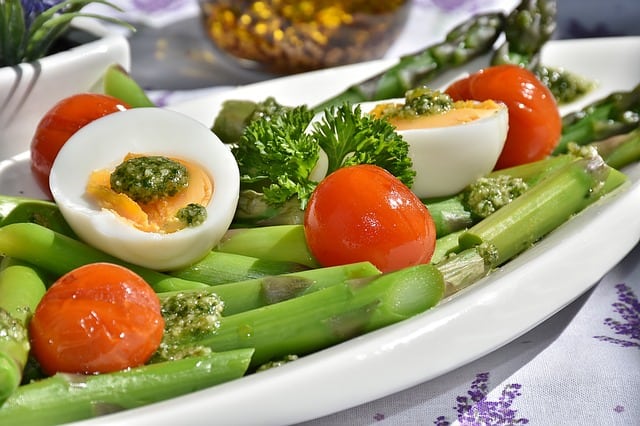If you or someone you know is about to attempt recovery from alcohol addiction, chances are the first step towards recovery will be detox. The detoxification process is the method of cleansing all alcohol from your system, releasing any toxins left from long and intense drinking sessions.
In detoxification, a patient will be forced to completely abstain from alcohol, which will likely lead to them struggling with withdrawal symptoms, such as anxiety and nausea, or even potential health risks. Because of this, your doctor or a medical professional will likely recommend a detox diet to help with the discomfort of some of these symptoms.
There are a number of foods and food groups to consider focusing on when going through the detox process from alcohol addiction. These are the diets you should consider for what may be among the most arduous parts of recovery from alcohol addiction.
Fruits and Vegetables
You have probably been told to eat your “fruits and veggies” from as far back as childhood, and their abundance of health continues to apply even when recovering from alcohol addiction. Due to their high fiber content, they will digest quickly as your body tries to cleanse itself.
While detoxing, withdrawals commonly lead to a desire for drinks and sweets. Fruits contain sugars that help satisfy these cravings while being light on a person’s stomach. This is important with the decrease of appetite during the detox process, as well as helping to push alcohol out.
Fruits and vegetables that are considered particularly effective during detox include onions, beets, strawberries, figs, oranges, raspberries, broccoli, bananas, and pears.
Low-fat Proteins
The loss of appetite can make the detox process problematic and difficult, as it will take longer to move alcohol toxins out of the body. However, foods that are high in fibers like the aforementioned fruits and vegetables help make it easier for patients to feel fuller quicker.
This is where low-fat proteins, such as fish, lean beef, beans, eggs, and skinless, white-meat poultry, come into play. Not only are they high in fiber, but they tend to give a positive boost in mood and energy. With this morale boost, relapse is less likely through detox and the recovery process as a whole.
Whole Grains
If there is any type of diet that is effective during the detox process, it is a diet high in fiber. Among the number of food groups, whole grains are among the best providers of fiber. From wheat to corn, oats, rice, or even popcorn, these foods provide for a great source of carbohydrates that are vital for the recovery process.
There are less healthy alternatives to whole grains, such as refined grains like white bread, that will still give people the carbohydrates they need for energy. However, they contain less fiber and are less effective to make a person feel fuller, while the extra fiber also makes for less digestive problems.
Diets are never easy, even when the struggle of alcohol addiction is not present. For the best comfort and health, however, considering these shifts in diet during the detox process can make or break your experience of fighting withdrawal.

If you or a loved one struggles with alcohol addiction, contact a local Treatment & Rehab alternative program in Tennessee. You might also investigate Discovery Place’s own treatment center alternatives, such as our 30 Day Residential Addiction Recovery Program or our Long Term Recovery Program in Burns, Tennessee. Call us for a free consultation at 1-800-725-0922.

